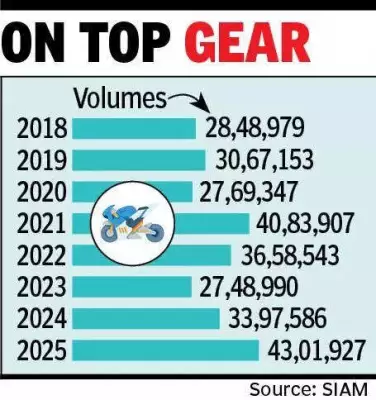
In today's competitive corporate landscape, a disturbing trend is sweeping across American workplaces: job title inflation. Companies are increasingly handing out grandiose titles like 'vice president', 'director', and 'chief officer' while offering the same responsibilities and compensation that previously came with much humbler positions.
The Silent Compensation Strategy
This corporate charade represents a clever cost-saving maneuver for businesses struggling to retain talent in a tight labor market. Instead of offering substantial salary increases, organizations are opting for title upgrades that cost nothing but create the illusion of career advancement.
The numbers tell a compelling story: Research reveals that the proportion of 'vice presidents' in the workforce has skyrocketed, while actual vice president-level compensation remains elusive for most bearing the title.
Why This Trend Hurts Workers
- False Career Progression: Employees feel they're advancing when their responsibilities and pay remain stagnant
- Future Job Hunting Challenges: Inflated titles can create mismatched expectations with future employers
- Compensation Disparities: Two 'directors' from different companies might have vastly different actual responsibilities and pay scales
- Industry Standard Erosion: Traditional career progression markers become meaningless
The Psychological Impact on Professionals
This phenomenon isn't just about semantics—it's creating a generation of workers who feel professionally accomplished on paper but financially stagnant in reality. The temporary ego boost from a fancy title often masks underlying dissatisfaction with actual career growth and compensation.
"We're seeing employees who are 'vice presidents' in title but 'managers' in responsibility and compensation," notes a workplace trends analyst. "This creates long-term career confusion and compensation disparities that can haunt workers for years."
Navigating the Title Inflation Minefield
- Look Beyond the Title: Always evaluate the actual responsibilities and reporting structure
- Benchmark Compensation: Research what similar roles pay at other organizations
- Focus on Skill Development: Prioritize acquiring tangible skills over title upgrades
- Ask Direct Questions: During hiring processes, clarify the scope and level of responsibility
As the corporate world continues to evolve, both employees and employers must recognize that meaningful career progression requires more than just impressive business cards. Real growth comes from increased responsibility, skill development, and fair compensation—not just fancy titles that sound good but deliver little substance.





